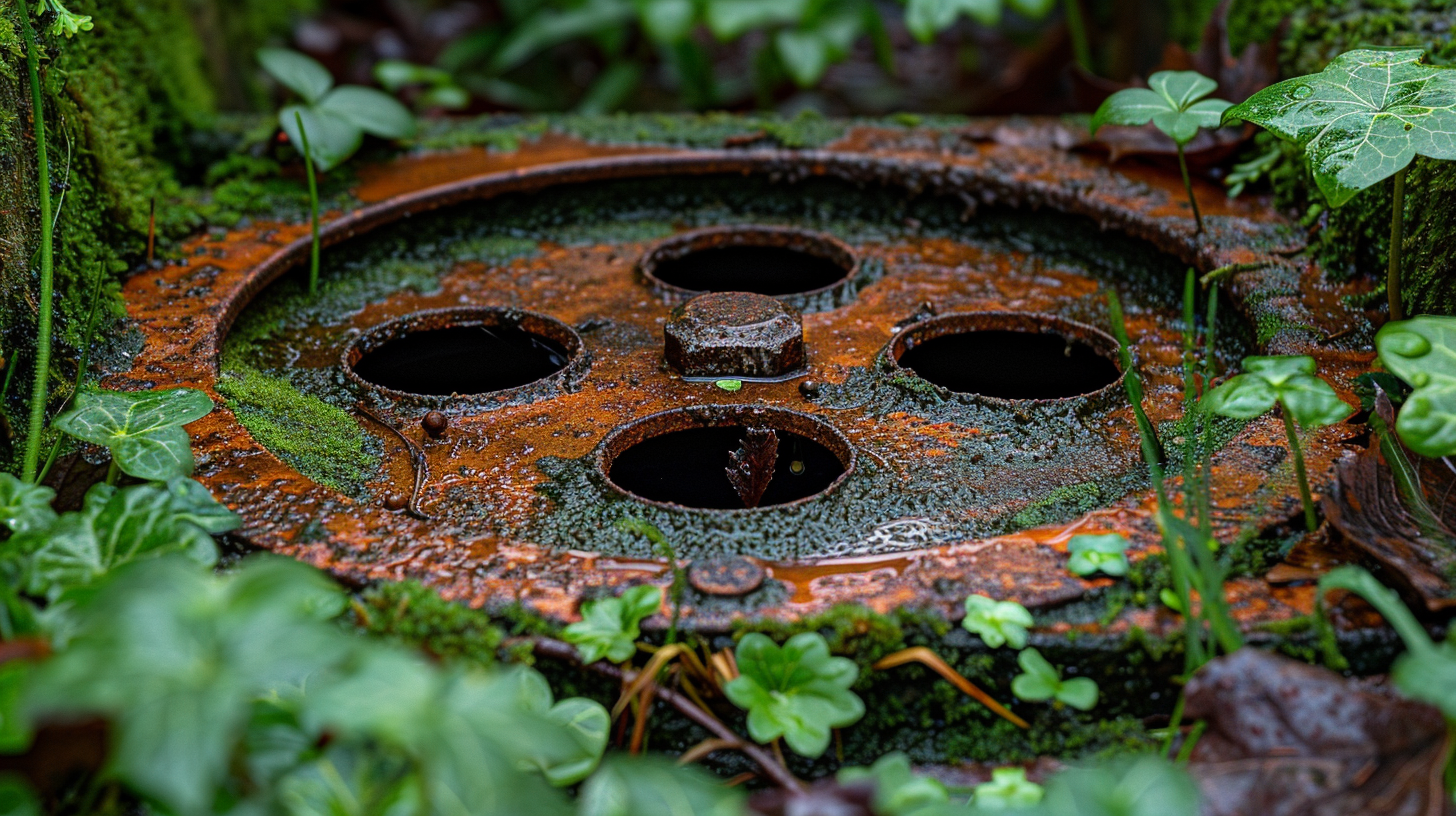Key points
• Balances Pressure: A septic tank vent is vital for keeping the pressure inside the system equal to the air outside. This balance helps waste move smoothly and keeps dangerous gases from increasing.
• Avoids Bad Smells: The vent lets gases out, so nasty smells from wastewater don’t build up and spread to nearby areas.
• Helps Waste Decompose: By bringing oxygen into the septic tank, vents create a good environment for the bacteria that break down the waste. This keeps the septic system working right.
Contents
What’s it do? It gets rid of the gas that piles up when sewage gets broken down.
Definition and Purpose of Septic Tank Vents
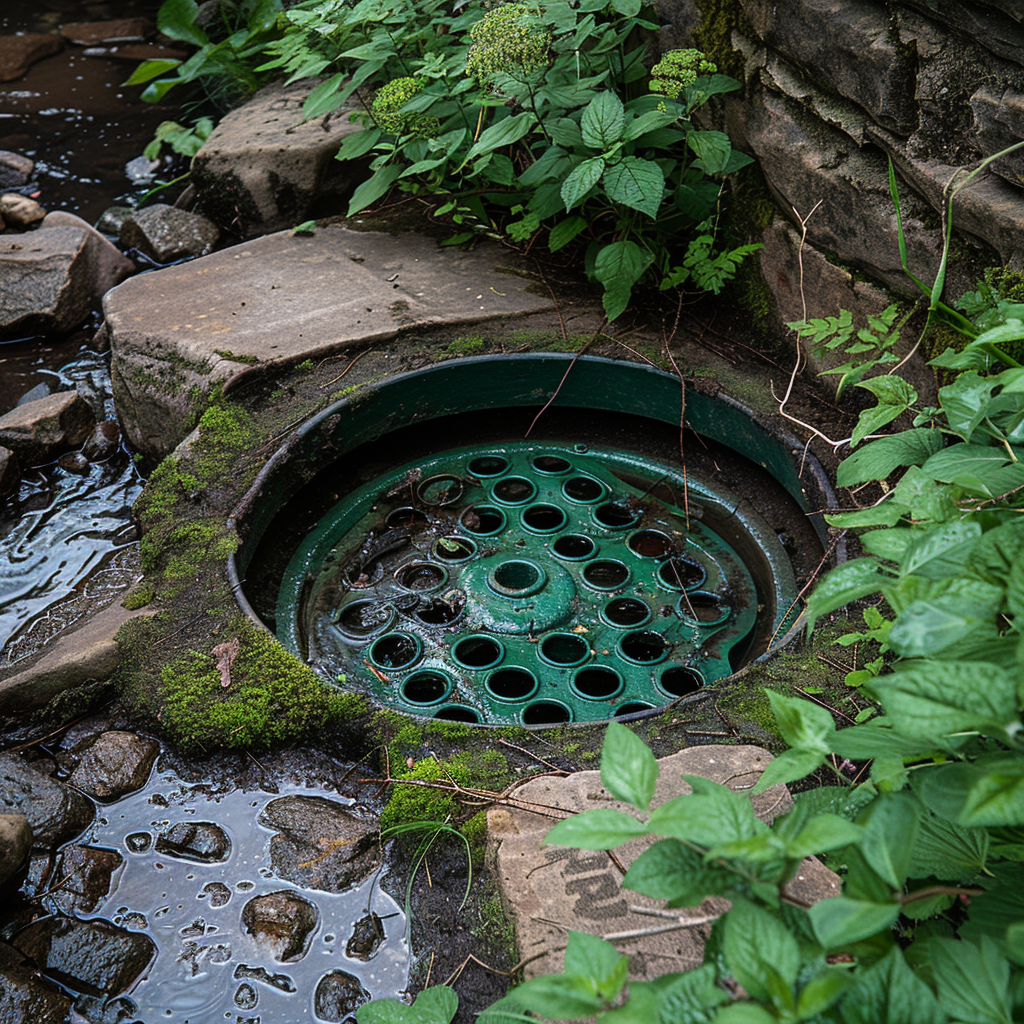
Septic tank vents have a couple of jobs. They get rid of the smelly gases from decomposing waste, and they keep the pressure even in the septic system. This helps waste water move through pipes without getting stuck or creating a vacuum-like effect.
Explanation of Vent Functions
These vents work to keep the septic system healthy. They let air move around, which is needed for aerobic breakdown of waste – this cuts down on how much solid waste there is. Also, they let out gases like methane and hydrogen sulfide, stopping danger and bad smells from getting into your home.
Importance of Gases Dispersion
Getting rid of gases through the vents is really important. If you don’t, these gases not only stink but are also dangerous. Methane could explode and hydrogen sulfide smells terrible and can harm you if there’s too much. Vents designed the right way make sure these gases get out away from your house and mix with outside air, keeping it safe and smelling fine inside and outside.
Your septic system’s health is vital, and vents play a big part in that. They stop gas buildup that could be bad for your system.
Prevention of Gas Build-up
Gases are a normal thing to come out of septic systems when waste breaks down. If there’s no venting, these gases could become really dangerous. The vent lets these gases out safely, so there’s less chance they’ll cause trouble inside your house or septic system.
Health and Safety Concerns of Gas Accumulation
If gases like methane and hydrogen sulfide don’t have a way out, they can be a real risk. Methane can light up fast, while hydrogen sulfide could poison you in big amounts. The vent’s job is to make sure these gases go away from where people live.
Mechanisms of Gas Release
The pipes take the gases made in the septic system up to the vent on the roof. This keeps the gases from gathering around your house, which could be dangerous for your health.
Maintaining Pressure Balance
As waste water goes through the system, it creates pressure changes. The vent keeps this pressure stable so that neither vacuums nor high pressure mess with how well the system works. When the pressure’s steady, your septic system works best.
Impact on Waste Breakdown Processes
To break down waste well, you need oxygen-loving bacteria. That’s why having air move around in the tank matters – it gives these bacteria the oxygen they need to do their job breaking down solids.
Importance for System Efficiency
Sepsic systems need a smooth flow of waste to work their best. Vents play a role here by keeping pressure even and letting gases out. So overall, they help make your septic system work better and more efficiently.
Types of Septic Tank Vents
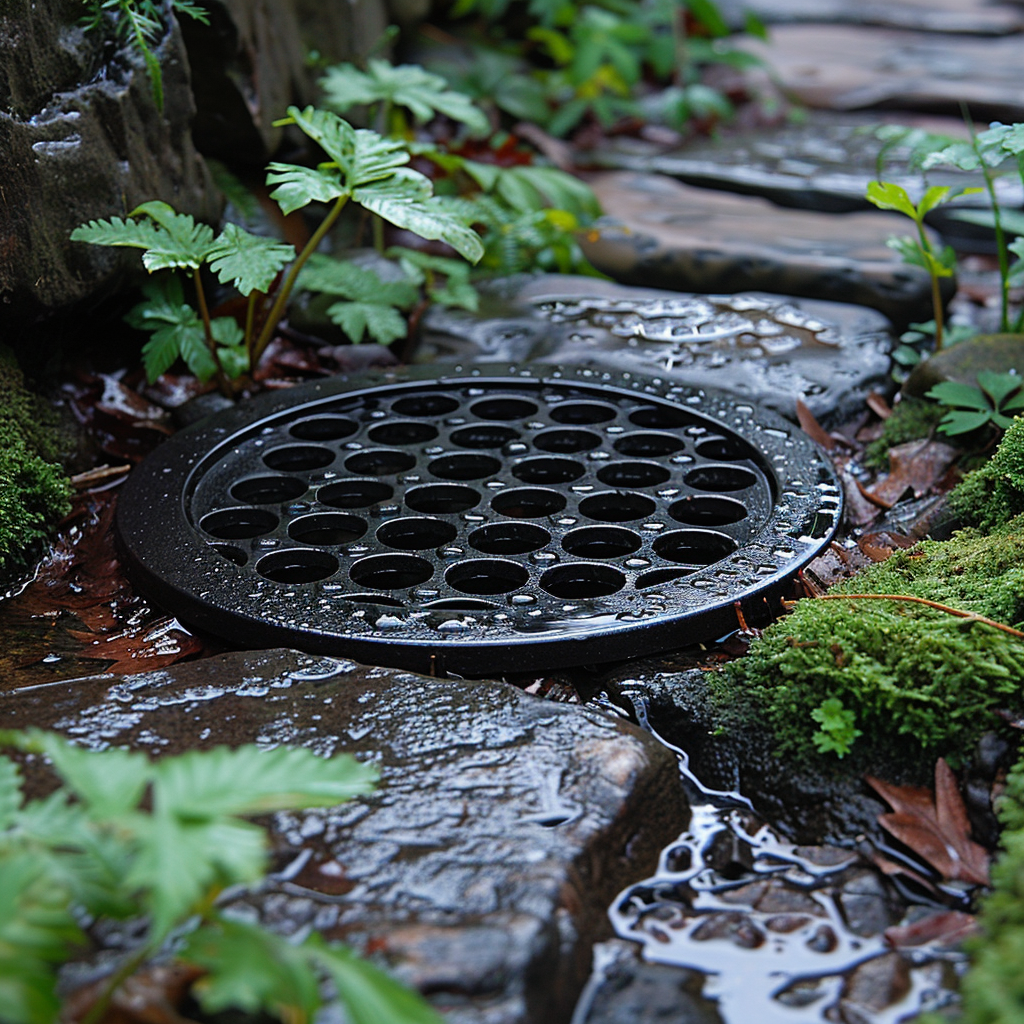
Septic systems can have different vents, each with its own function and advantages. The main kinds are vents on the roof or vents in the yard.
1. Roof Vent Systems
Roof vent systems are pretty standard in home septic systems. They stick out of the house’s roof so that gases can escape way up high, away from where they’d bother people.
Design and Placement
These vents are typically placed so they’re hard to see yet still effectively let gas out. It’s crucial to put them where leaves or other junk won’t block them up and where smell won’t hang around the house.
Advantages and Common Issues
Roof vents are great at keeping odors down and not being seen. But they can get clogged or frozen in cold weather, which makes them less effective. People need to keep an eye on them to make sure they’re clear.
2. Yard-Based Vent Systems
When you can’t or don’t want to use roof vents, yard-based vents are the go-to. They poke out from the ground in specific places on your property.
Aesthetic Considerations
You can use landscaping tricks to keep these vents out of sight so your yard looks nice, while the vents do their job.
Functional Benefits
Yard vents are also easier to check and fix since they’re closer to the ground. And you can put them where they won’t let any bad smells drift over to the house or where you hang out outside.
When picking a vent type for a septic tank, it’s essential to think about how it’ll look and work. You need good ventilation, whether it’s through a vent in the roof or one in the yard, to keep your septic system working right and lasting a long time.
Setting Up Septic Tank Vents
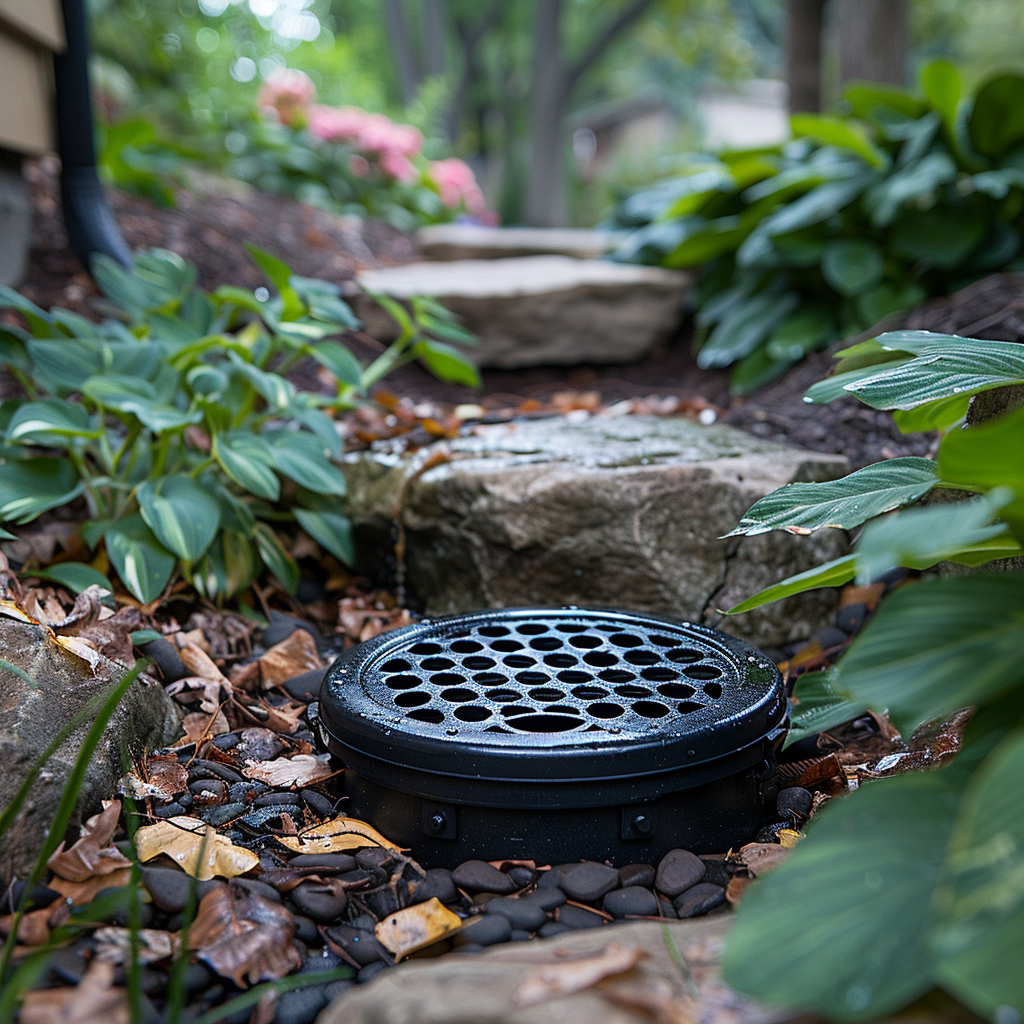
It’s important to think about where you put your septic tank vents. They need to work well and not bother you with smells. The best place for these vents is usually far from windows and where people hang out outside, so you don’t notice bad smells. Where the vents go also affects how well the gases from the tank spread out.
Finding the Best Spot
To pick the right spot for your septic tank vents, you have to look at how air moves around your yard. Put them in a place where they can get rid of gases but keep the smell away from your house. Installation experts can check out the flow of air and tell you where to put the vents for the best results.
Impact on How Well the System Works
Putting your vents in the right place does more than just stop smells; it also helps the septic tank break down waste properly. How the air moves can change everything about how your septic system functions.
Simple Steps for Vent Upkeep
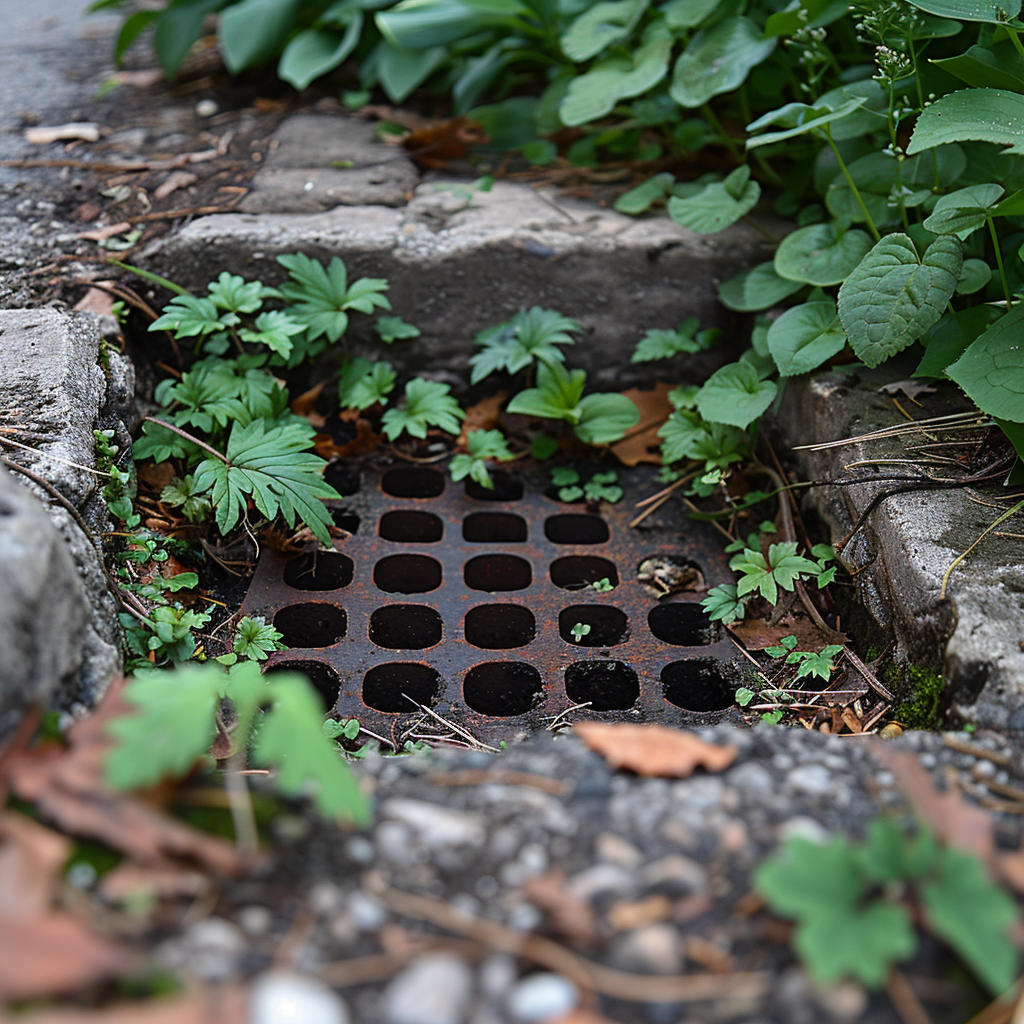
For a well-functioning septic tank vent, you need to stick to a regular upkeep schedule. Inspect it often and clean it out quickly to avoid any air flow issues caused by clogs.
Check-Up and Clean-Up Process
You should routinely look over the vents for any clear blockups such as fallen leaves or animal homes. Remove any trash you find. Some people fit filters onto their vents which also have to be inspected and switched out from time to time.
Finding and Fixing Blockages
If you run into a blockage, it’s crucial to deal with it straight away so air can move freely again. Often, it’s stuff like plants that have grown too much or a buildup of snow and ice that plug the vent’s opening. If the problem’s really bad, you might need to call in the pros to get tough clogs out of the pipes.
Fixing Problems with Your Septic Tank Vent
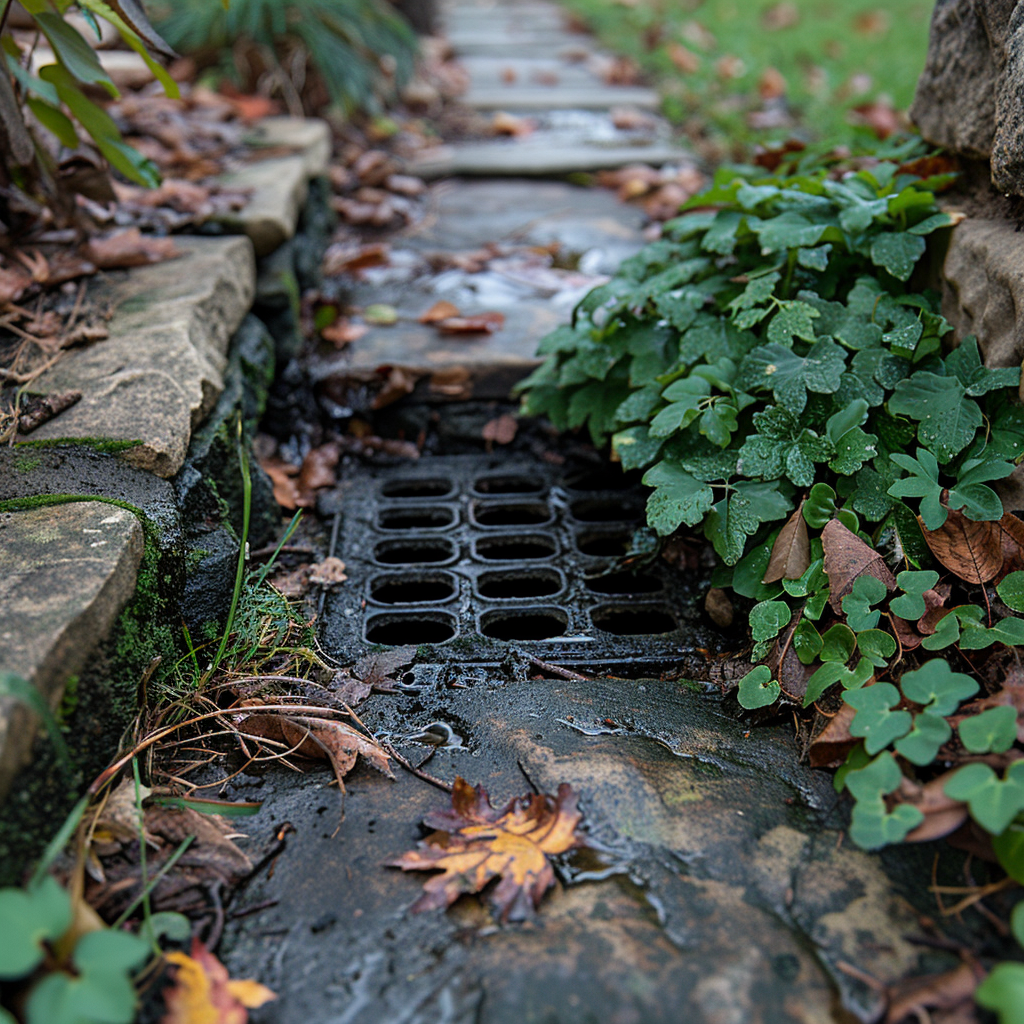
It’s important to notice the early signs of vent problems to avoid bigger issues. Look out for bad smells, weird noises from your drains, water draining slowly, or at worst, sewage coming back up.
How to Spot Bad Venting
Bad venting in your septic system often leads to constant bad odors around your house. If you hear gurgling sounds from your drains that can also mean there’s an issue.
What Happens If Your Vent Doesn’t Work
If your vent isn’t working right, you could mess up how waste is processed and end up having to fix some expensive damage. There might also be fines if your broken vent is causing health hazards, not to mention the big repairs you might have to do.
How to Fix a Vent Problem
If you’re having trouble with your vent, start by checking for simple things like leaves or trash blocking it. Sometimes, that’s all you need to fix. If the blockage is inside, using a plumber’s snake might help get rid of clogs. But, if these steps don’t solve the problem, you should probably call an expert.
Should You Fix Vents Yourself?
Some people might want to fix their vents without help, but usually, you’de better off with someone who knows what they’re doing. Septic systems can be complicated, and you don’t want to make things worse.
Keeping Your Vent Working Well Over Time
To keep your septic system healthy, make sure to check on it regularly. By getting it inspected and cleaned every year, you can spot and fix small problems before they turn into big ones.
If you’re not careful with your septic tank vent it can cause real trouble, So remember to keep on top of maintenance and deal with any problems as soon as they show up.
Venting Laws
Having a vent in your septic system isn’t just smart. it’s actually required by law. The exact rules depend on where you are, but they’re made to make sure everything’s running safely and not harmful to the environement. Ignoring these laws might lead to tough penalties or even have your whole system taken out.
The Rules Around Vents
Different places have different rules about your vent like how big it needs to be, where it should go, what kind it should be and how often you need to take care of it . These laws help prevent dangers from gas buildup and manage wastewater properly.
Vents Matter for Official Approvals
To officially pass inspections and get the OK for your septic system,, the vent needs to be set up right and work well. If it doesn’t, you might face troubles selling your home or dealing with insurance and local health rules.
Managing Smells and Keeping Neighbors Happy
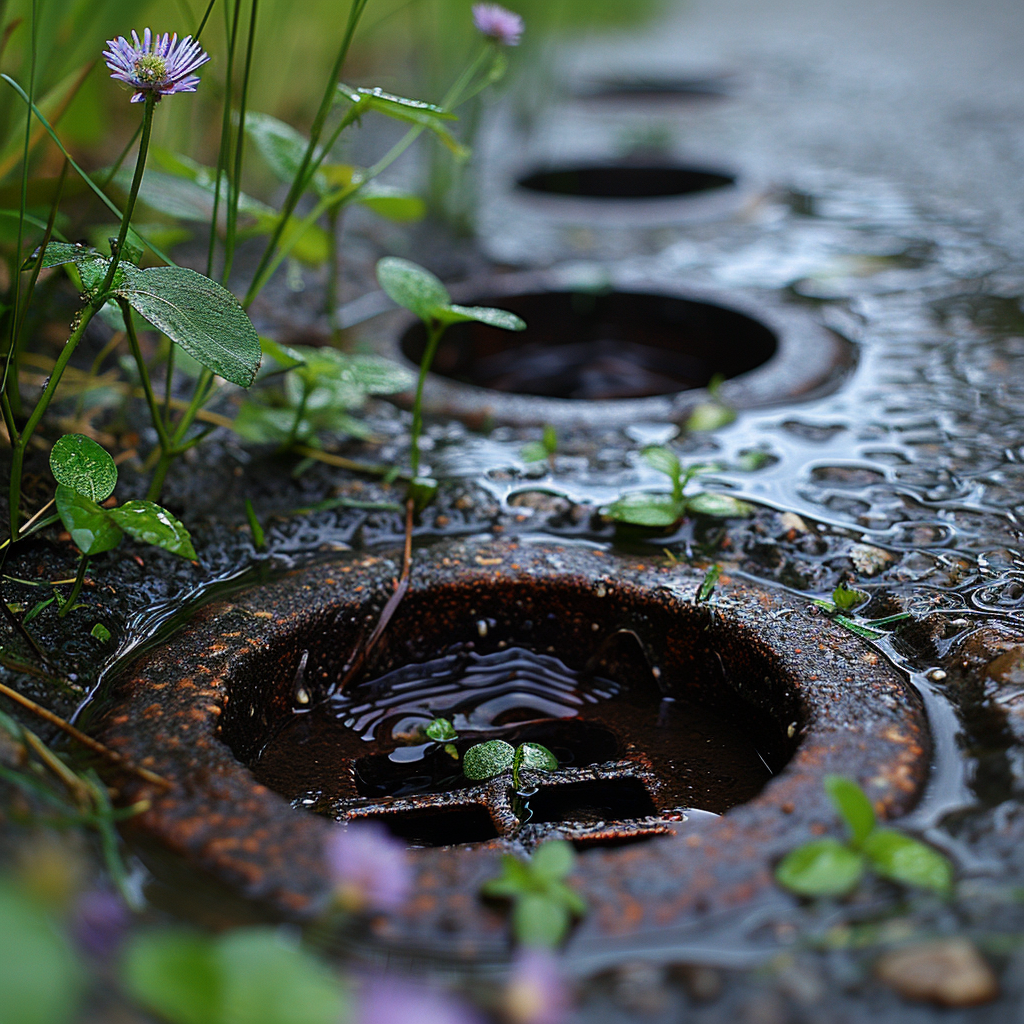
A septic tank vent does a great job at keeping bad smells away by moving gases that build up inside the tank out through a pipe above your house. This means your yard won’t smell, and neither will your neighbor’s place.
Getting Along with the Folks Next Door
To stay on good terms with your neighbors, it’s smart to make sure your septic system’s vent isn’t bothering anyone. Think about where the vent is and if it’s in a spot that could annoy your neighbors, you might need to move it. Also, keeping your vent working well shows you care about everyone’s comfort and helps keep the neighborhood friendly.

I’m Tim Robberts, a seasoned wastewater treatment & septic system expert with over 40 years of experience in the field. My career began as a septic tank installer, and I quickly gained a reputation for my attention to detail and commitment to excellence. Over the years, I’ve honed my skills in designing, installing, and maintaining septic systems for residential and commercial properties.
